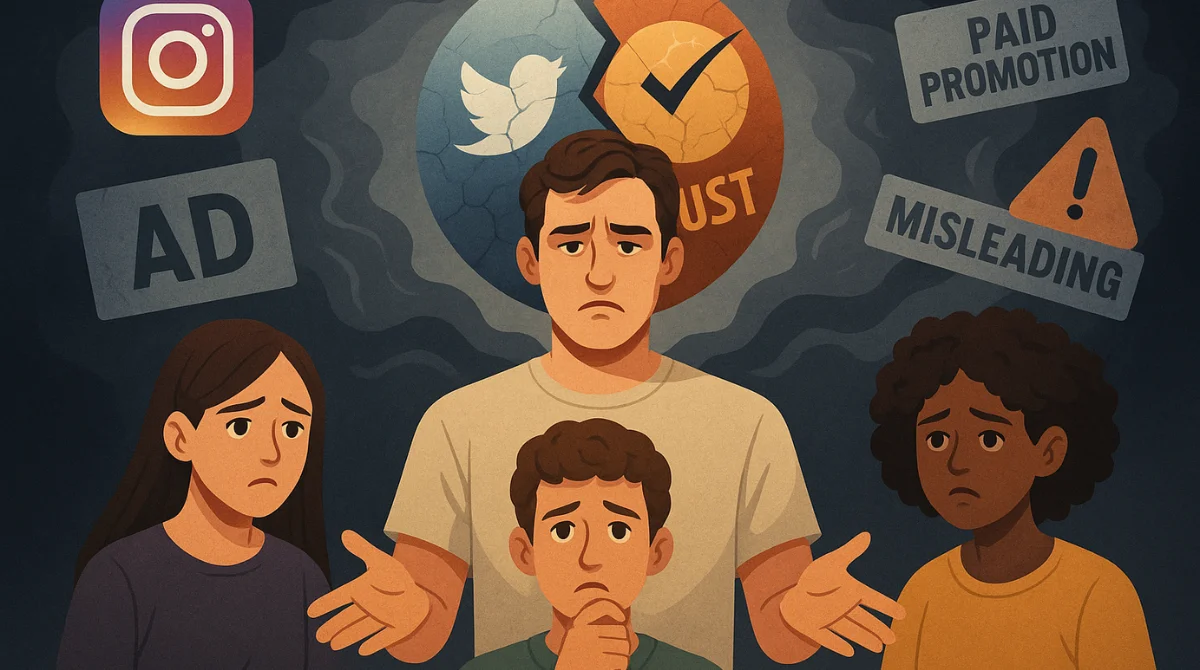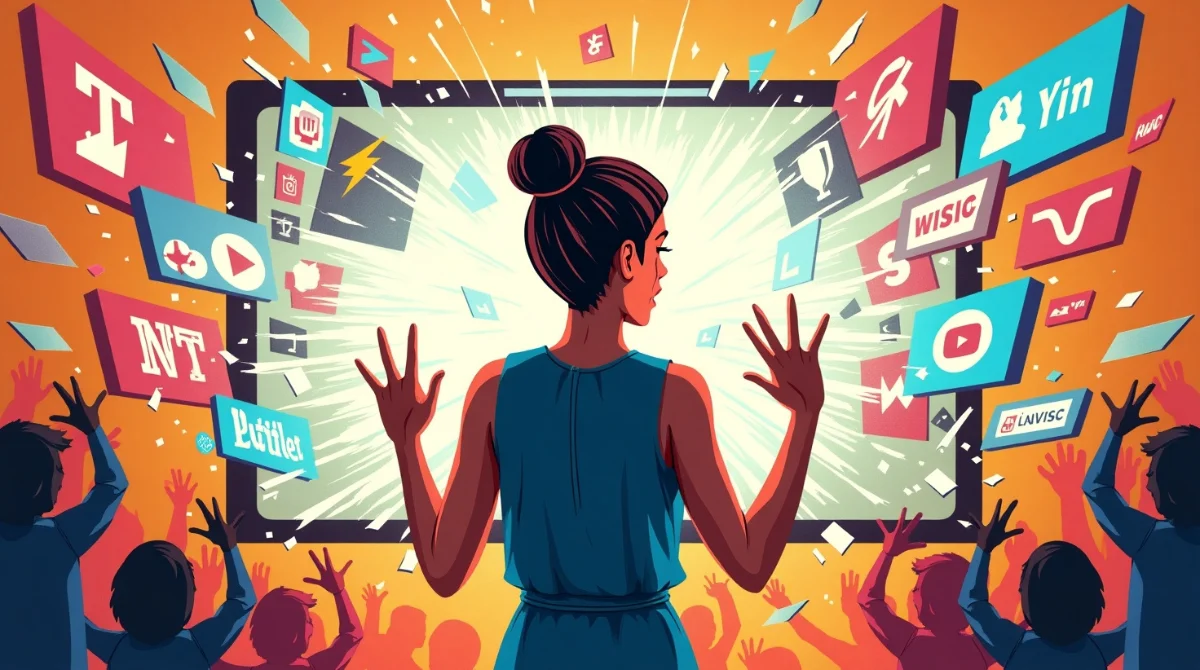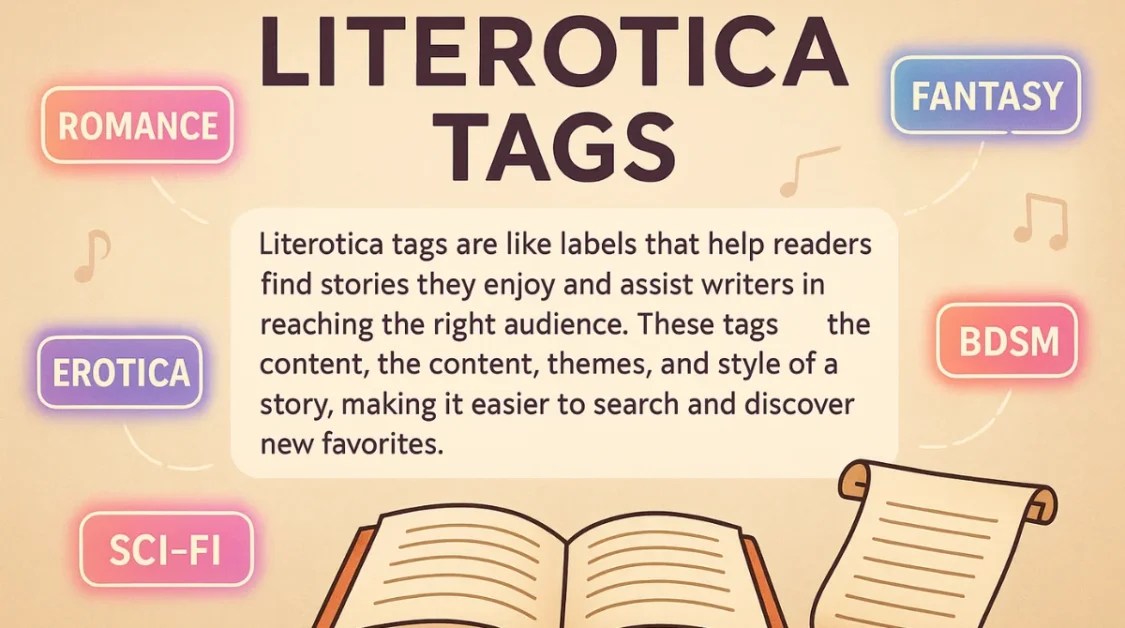In today’s digital age, social media influencers have become powerful figures, shaping trends and opinions. However, with great influence comes great responsibility, and not all influencers have managed this well. This article explores prominent cases where influencers have overstepped boundaries, sparking public outrage and resulting in serious repercussions.
The Rise of Influencer Culture
In the early 2000s, websites like Facebook, Instagram, and YouTube started becoming popular. These sites gave regular people a place to share their lives, thoughts, skills, and hobbies with others around the world. As some people gained a lot of followers, they became what we now call influencers. These influencers used their large followings to make money by working with brands, promoting products, or creating paid content.
A big reason people liked and trusted influencers was because they seemed real. They shared personal stories, showed their everyday lives, and talked honestly about what they liked or used. Because of this trust, their followers believed their opinions and were more likely to buy things they recommended.
But as the influencer world grew quickly, not everyone stayed true to their values. Some influencers started caring more about getting rich and famous rather than staying honest. They sometimes promoted things they didn’t even believe in or acted in ways that weren’t responsible—just to keep their followers or make money. That’s when problems started showing up, and people began to question whether all influencers could be trusted.
Notable Cases of Influencers Gone Wild
Over the years, several influencers have found themselves in big trouble because of their actions. Let’s look at some of the most well-known scandals that shocked their fans and the public.
Logan Paul – The Japan Forest Incident
In 2017, YouTuber Logan Paul visited a forest in Japan known for being a place where many people sadly take their own lives. He filmed a video there showing a person who had died. Instead of treating the situation with respect, the video came off as insensitive and disrespectful. People all over the world were upset. Logan lost sponsorship deals, YouTube stopped paying him for his videos for a while, and many people criticized him. It was a harsh lesson about how serious topics should be handled with care.
Tana Mongeau – TanaCon Disaster
Tana Mongeau, a YouTuber and influencer, decided to create her own fan event in 2018, called TanaCon, to compete with a popular event called VidCon. Unfortunately, TanaCon was not organized well. There were way too many people, not enough space, no proper security or supplies, and most people didn’t even get in. Many fans were stuck outside for hours in the heat, some even got sunburns. It turned into a big mess and showed that being popular online doesn’t mean you’re ready to run a big event.
James Charles – Drama and Accusations
James Charles is a famous beauty influencer. In 2019, he had a very public falling out with another beauty influencer, Tati Westbrook. She accused him of being disloyal and also claimed he behaved inappropriately with people. Even though some of the claims were later walked back or proved false, the drama caused James to lose millions of followers in just a few days. He also lost some brand deals. It showed how quickly things can change when influencer relationships go bad in the public eye.
Jake Paul – Wild Behavior During the Pandemic
Jake Paul, who is also Logan Paul’s brother, became famous for doing wild and risky things. During the COVID-19 pandemic, when everyone was supposed to stay home and avoid crowds, Jake threw huge house parties with no masks or social distancing. People were very upset with him for being so irresponsible. Later, the FBI even raided his house because of an investigation linked to other illegal activities. These actions got him in legal trouble and hurt his public image.
Belle Delphine – Selling Bath Water?
Belle Delphine is an internet star known for her strange and shocking marketing tricks. One of the most talked-about was when she started selling jars of her own bath water online, claiming it was for her fans. Some people found it funny or clever, but many thought it was just weird and not right. Eventually, her social media accounts were taken down for breaking the rules of the platforms. Her story is an example of how far some influencers will go to stay in the spotlight.
Chiara Ferragni – The Fake Charity Controversy
Chiara Ferragni is one of Italy’s most famous fashion influencers. In a 2023 scandal, she promoted a campaign that was supposed to raise money for children’s hospitals. But it turned out that she was also making money from it herself, and not all the funds went to the charity as expected. She was fined $1 million for misleading people and faced criminal charges in 2025. The scandal led Italy to pass a new law, now called the Ferragni Law, to make sure influencers are more honest in future charity promotions.
What Do These Stories Teach Us?
All these cases show that being famous on the internet comes with big responsibilities. Influencers have a lot of power because people trust them and follow their lead. But when they use that power carelessly—whether to shock people, make quick money, or act without thinking—it can lead to serious problems, not just for them, but for their fans and society as well.
The Impact of Influencer Misconduct

When influencers get into trouble or act badly, it’s not just about their own image or reputation. These kinds of scandals can have a much bigger effect.
First of all, they make people question how influencers behave and whether they are being honest with their followers. Many influencers make money by promoting products or brands, but sometimes they don’t clearly say they are being paid to do it. That can be misleading, especially for young fans who trust them and might think the influencer is just giving a personal recommendation.
Also, a lot of influencers have younger followers who look up to them like role models. When influencers do things like lie, act irresponsibly, or promote bad behavior, their followers might think that’s okay too. That’s why it’s so important for influencers to act responsibly.
Because of all these issues, many people now believe there should be clear rules and laws that influencers have to follow. For example, they should always tell their followers when a post is an ad or sponsored. And they shouldn’t promote things that are fake, dangerous, or harmful—just for money.
In short, when influencers mess up, it doesn’t just hurt their own career. It can affect their followers, damage public trust, and show why we need better rules to keep the online world fair and safe.
Why Brands Should Be Careful When Choosing Influencers?
1. Influencers Represent the Brand
When a company teams up with an influencer, that person becomes a face of the brand. Their words, actions, and behavior reflect directly on the company. If the influencer does something offensive or controversial, people often associate the brand with that behavior—even if the brand wasn’t involved.
2. Scandals Can Damage Brand Reputation
Working with a problematic influencer can lead to public backlash. This could result in:
- Negative media coverage
- Loss of customer trust
- Boycotts or bad reviews
- A drop in sales
For example, several brands had to end partnerships quickly after influencers they worked with got caught in scandals. The damage can be long-lasting and expensive to fix.
3. Online Drama Spreads Fast
Social media spreads news like wildfire. One wrong move by an influencer can become viral in minutes. If a brand is tied to that influencer, they might be mentioned in angry tweets, comments, and articles—even if they’re not directly responsible.
4. Brands Now Do Background Checks
To avoid these risks, many companies now research influencers before signing deals. They check things like:
- Past controversies or behavior
- Type of content posted
- Audience engagement and tone
- Values and beliefs that match the brand
This helps them choose influencers who are not only popular, but also safe and professional to work with.
5. It’s About Trust, Not Just Numbers
A big follower count doesn’t always mean the influencer is a good fit. Brands now look for creators who are authentic, respectful, and trusted by their audience. It’s better to work with someone who has fewer followers but a good image than someone who’s famous but constantly in trouble.
The Future of “Influencers Gone Wild”
1. Stricter Rules Are on the Way
As influencer scandals keep making headlines, more governments and platforms are starting to step in. Countries like Italy, for example, have already introduced new laws to stop influencer fraud, like the Ferragni Law. In the future, we can expect more rules that require influencers to:
- Clearly label paid content
- Avoid false claims about products
- Be transparent in charity promotions
- Follow proper guidelines, just like celebrities and advertisers
This means influencers won’t be able to “go wild” without facing serious legal or financial consequences.
2. Platforms Will Tighten Controls
Social media platforms like Instagram, YouTube, and TikTok are also taking more responsibility. They’ve already added tools like:
- Paid partnership tags
- Warnings or bans for rule-breaking content
- Reporting options for misleading posts
In the future, these platforms might use even smarter tools to track influencer behavior and catch problems before they go viral.
3. Brands Will Choose Carefully
After learning from past scandals, brands are becoming more cautious. They’re working with influencers who are professional, respectful, and align with their values. Going forward, influencers who act wild, create drama, or mislead people may find it harder to get deals.
Brands will likely build longer, more stable partnerships with influencers who stay consistent and clean, instead of chasing after viral fame.
4. Audiences Are Smarter Now
Today’s followers are not as easily fooled. People now expect more honesty, quality, and responsibility from the influencers they support. They’re quicker to call out bad behavior, spread awareness, and even unfollow influencers who cross the line.
This shift means that in the future, influencers who focus on being real, ethical, and positive will have more long-term success.
5. Influencer Education May Become a Trend
As the industry matures, we might see more training, courses, or certifications for influencers. Just like professionals in other fields, influencers could be required to learn about:
- Ethics and digital responsibility
- Brand and audience trust
- Laws related to advertising and privacy
This kind of education can help reduce scandals and build a healthier online space.
Conclusion
Social media influencers hold great power to influence, inspire, and entertain—but with that power comes responsibility. The stories of influencers gone wild highlight how fame without accountability can lead to serious consequences. As this digital space keeps growing, it’s important for influencers to stay honest and respectful, and for audiences to think critically about what they see online. Brands, too, must choose partnerships carefully. Moving forward, creating a culture where transparency, ethics, and trust matter most will help everyone—creators, fans, and businesses—enjoy a healthier and more positive online experience.



